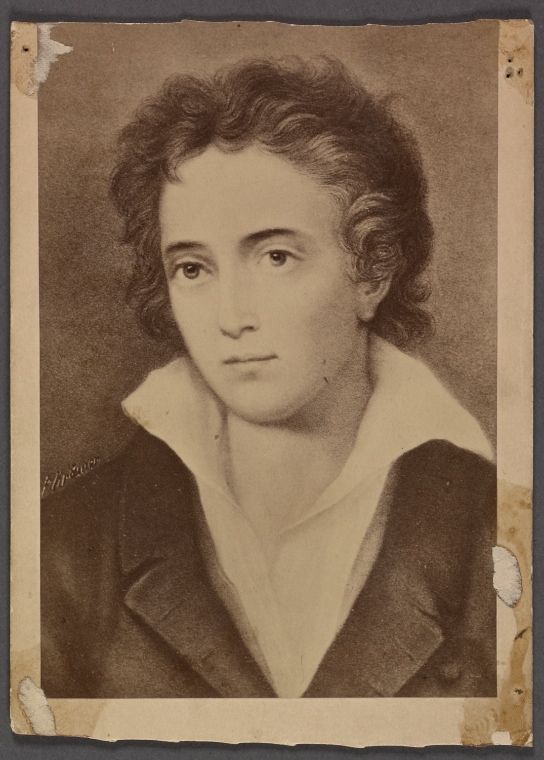Back to Bentari Project Blog
Bentari Project Blog
Posted:
Wednesday, October 3, 2018

Why did Thoreau, Gandhi and Martin Luther King, Jr. study Percy Shelley’s poetry? Because non-violence and peaceful resolution shower avid readers of Shelley’s verse. His place in history, in a life too short, nestled deep within a coincidental nexus of the Age of Reason and the Romantic Era. Here is one stanza from Canto Seventh[1] of “The Revolt of Islam.”
“All is not lost! there is some recompense
For hope whose fountain can be thus profound,
Even thronèd Evil's splendid impotence,
Girt by its hell of power, the secret sound
Of hymns to truth and freedom — the dread bound
Of life and death past fearlessly and well,
Dungeons wherein the high resolve is found,
Racks which degraded woman's greatness tell,
And what may else be good and irresistible.”
Reading this stopped me and sent thoughts careening!
Who among us, in our cocoon of “now,” does not wonder at least a little bit, “What may else be good and irresistible?”
An important question two-centuries ago, two-minutes ago—and to the day we exhaust the answers having stemmed the tempests of our making and installed that better day.
Enter here the names of women! All the women who brought you here to this day. Now tell them. Now give them their due. Now own your egos, you men, like me, whose backs and biceps and loins are meager shadows of the strength that they bequeath to you, their sons. Tell them now on this new day. Tell them this and smile. For this is true:
No more racks to degrade your greatness, only hymns of truth and freedom. Your lives are lived fearlessly and well. We turn to you and gladly bear the guilt of evil we enthroned, for today you lead us where all else is good and irresistible.
Image: “P.B. Shelley”[2] -- Percy Bysshe Shelley (1792-1822): He is considered to be among the best English poets, and his philosophy of non-violence made him influential among future writers and leaders.
[1] http://spenserians.cath.vt.edu/TextRecord.php?textsid=36175 – The Revolt of Islam; a Poem, in Twelve Cantos. By Percy Bysshe Shelly. (1818)
[2] The Miriam and Ira D. Wallach Division of Art, Prints and Photographs: Print Collection, The New York Public Library. "[P.B. Shelley.]" New York Public Library Digital Collections. Accessed September 22, 2018. http://digitalcollections.nypl.org/items/b16926af-3f44-6b2f-e040-e00a1806531a
|